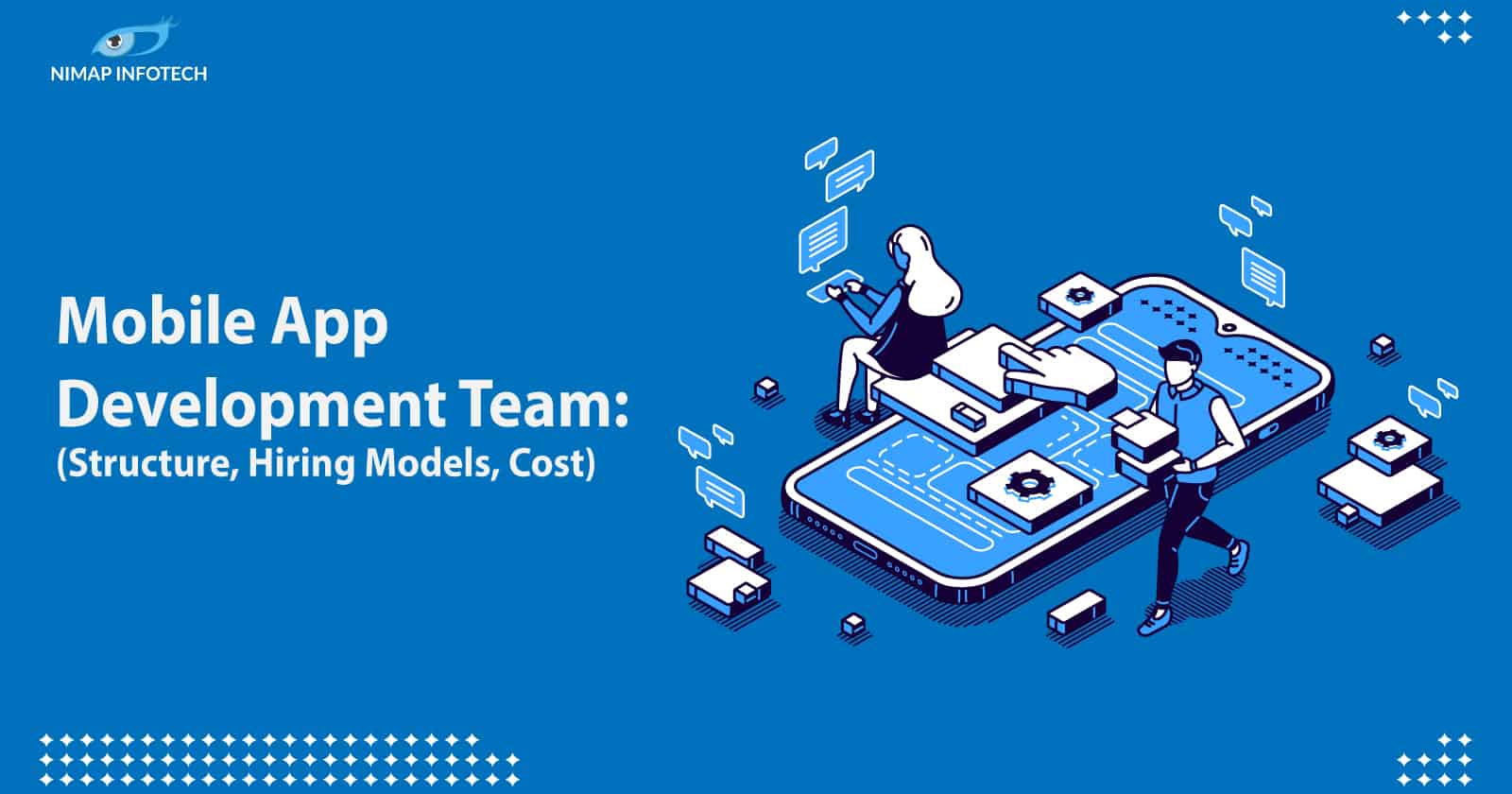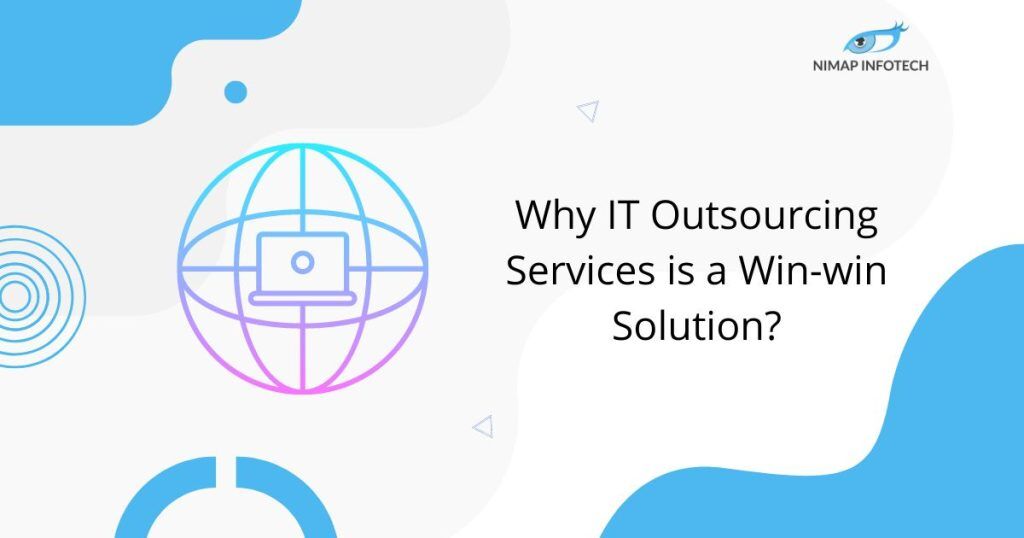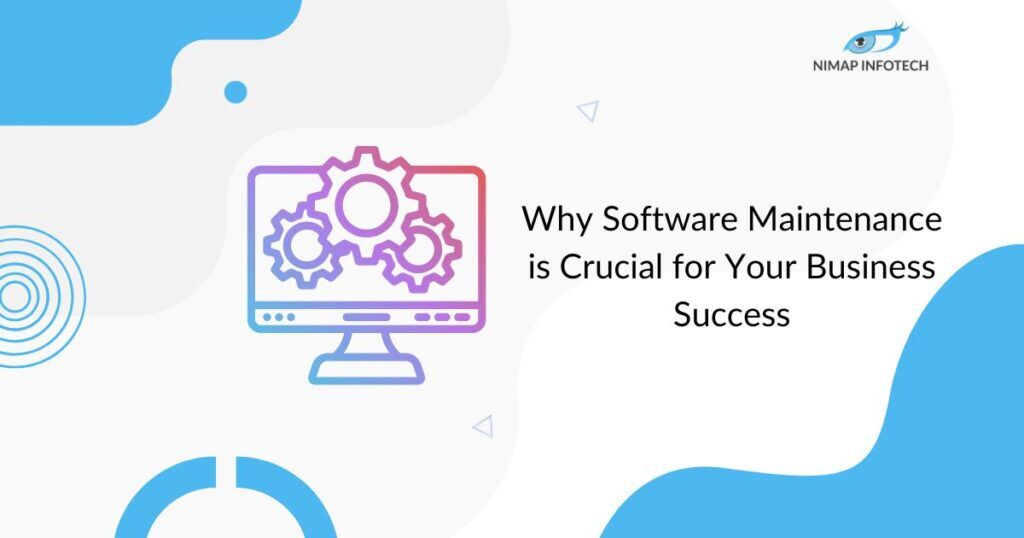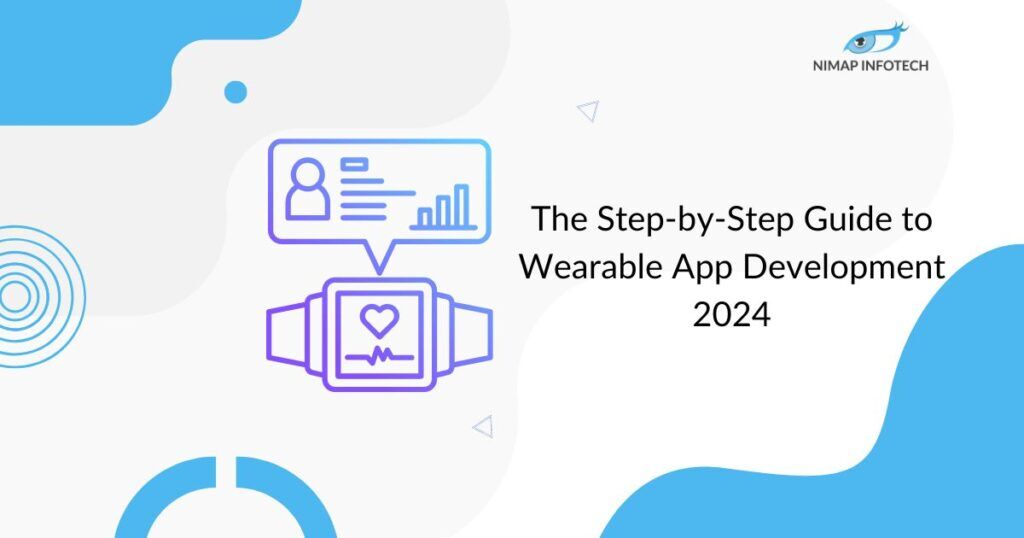What are some signs of well-coordinated teamwork?
To streamline the mobile app development process, we can have an solution for your mobile applications. For iOS and Android platforms.
Knowing the secret of a well-organized mobile application development team. We unlock it in this post by providing ideas for organizing your team, assigning roles and tasks. And selecting suitable experts to effectively create your app.
When considering how to develop a mobile app development team. You should first determine what expertise you want and how much you require. Because the size of an app development team, determines by its complexity and scope of a project.
Start with the minimum number of professionals needed to create a mobile app.
A project or product manager.
- Business Analyst
- A UI/UX designer
- An iOS programmer
- A backend developer/ Android developer.
- A quality control engineer
- Project or Product Manager
When you bring your app concept to a mobile app development business. You will assign a project manager who will act as your assistant and liaison with developers. A project manager is in charge of a project from inception to end.
The product manager is frequently used interchangeably with the project manager. While each of these professionals is a manager, they have different duties and responsibilities. The distinction is in what they manage – a project versus a product. A project defines it precise plan of activities and start and finish dates. A product must provide continual value to users and has no temporal constraints.
The responsibilities of an Ideal Project manager are as follows:
- Prioritizing tasks and assigning them to the developer’s team, and calculating the project’s cost per the budget.
- Increasing communication between the client and the hired developers.
- Adapt changes and variations in the app development.
- Maintaining quality, meeting deadlines, and keeping expenses under control.
- Experience with various project management approaches, such as agile and waterfall, and a good command of project management tools.
A project manager must have the following soft & hard skills:
- Leadership,
- Time management
- Critical thinking
- Communication
- Creativity
- Teamwork
- Diplomacy
The ability to oversee the full app development process.
By gathering information on a new app’s competitiveness, specificity, and advantages. A product manager can identify whether it is a viable concept for creation. A product manager is a strategist who analyzes the market, specifies the advantages, values, and essential features of your app.
Identify your target audience,
identifies consumer concerns,
creates a business strategy for your app
Prioritizes useful software features
Develop a compelling call-to-action.
A product manager needs to possess the same soft and hard skills as a project manager and extensive knowledge of analytical tools such as
- Firebase,
- Google Analytics,
- Mixpanel,
- App Annie.
It is possible, in certain circumstances, for these two professionals to combined into one project management position. In certain circumstances, the roles of these two professionals in the project. And also executed by a single individual with the title of project manager. If, on the other hand, the project is quite complicated and the scope is broad. It is more effective to split the effort among a project manager as well as a product manager.
-
Business Analyst:
A business Analyst is responsible for conducting business analyses at the beginning of projects, as the name implies. They will use the appropriate development method to examine your requirements and help set the appropriate goals.
A Business Analyst performs a discovery process to understand your concept. Note down functional and non-functional requirements. Estimate the cost, and help develop an interface that is easy to understand. Overall, BAs are important parts of the Mobile App Development Team. They constantly keep the business valuation in mind, assess procedures regularly. And assist customers in achieving the goals stated at the outset.
-
A UI/UX designer:
UX/UI designers are responsible for providing a concise, intuitive, interesting, and engaging app design that provides a satisfying user experience.
- The designer is responsible for creating user personas,
- Designing the app flow and sketching wireframes,
- Creating visual app prototypes,
- Creating intuitive interfaces,
- Making changes based on user feedback and testing data.
Based on these tasks, a UI/UX designer should have the following skills:
Experience with UI/UX technologies such as
- Figma,
- InVision,
- Sketch, an understanding of UX research,
- Wireframing,
- Prototype creation,
- Interaction design,
- Basic coding knowledge so you can communicate with programmers.
-
An iOS and Android Developers:
iOS and Android operating systems have different development languages and requirements. So they require a separate Mobile App Development Team for iOS and Android. Depending on your intended audience and budget, you should decide whether to build your app for Android and iOS. Android and iOS developers, on the other hand, are primarily responsible for the technical aspects of developing mobile apps:
Here are the skills that highly skilled iOS and Android developers must possess to make the recruiting process easier. Developing native apps requires the ability to master Objective-C and Swift. Knowing Xcode – the primary development environment for macOS, iOS, and iPadOS apps is necessary
Android developers must possess the following skills in order to create apps for iOS and iPadOS in the most recent version. Knowledge of Kotlin and Java programming languages is is necessary. Expertise in Android Studio, the development environment for Android apps. The ability to make apps that work on a variety of Android versions, devices, and screen sizes are essential.
By writing once-and-running-anytime code that works on any platform. It is also possible to create a cross-platform mobile app. This method reduces development costs and speeds up app delivery. However, there are concerns about app performance, limitations on features. UX challenges with cross-platform app development.
Most importantly, the following Experience is crucial when looking for cross-platform app development. Hands-on Experience developing using the React Native framework. Experience developing cross-platform apps utilizing the Xamarin, Flutter, or Ionic platforms
-
Backend Developer:
A backend developer oversees the operation of a server, cloud storage, and operational logic. As well as storing and safeguarding data and showing it to the appropriate users. In order for app users to make transactions, you must manage payment systems that can view and safely store data. Use application programming interfaces that are device-agnostic. Create device-specific operating logic, develop frameworks, and design apps.
A highly skilled backend developer must manage databases, integrated development environments, and collaboration services.
These skills include the following:
- Hands-on Experience with programming languages such as Java,
- .Net,
- Python,
- PHP
- Ruby Knowledge of code versioning systems such as Git,
-
Quality Assurance Engineer:
The primary task of a quality assurance engineer is to ensure that the design and the mobile software meet all criteria at every stage of the development process. Identifying faults and bugs in an app in time allows you to meet project delivery dates and stay within budget. The importance of a skilled QA engineer cannot overstate in app development.
Tests software via automated and manual methods, documents test cases, and tracks test progress. In order to define the app quality and release readiness, create strict testing requirements. Identify potential issues that users might encounter, and keep track of bugs. Besides collaboration, what abilities should a highly trained QA professional possess? A strong understanding of QA testing technologies like TestComplete, Robotium, and Appium, as well as Jira’s feature and bug tracking systems.
Also Read: How to Choose the Best Mobile App Development Company
Let’s go through what specialists involved in each step of app development.
Developing an app takes more than just coding and designing. It takes a lot of expertise, effort, and money to turn a concept into an app, as well as tech support throughout the app’s lifecycle. There are five main phases to the development of an app. This makes it easier to identify the Mobile App Development Team members involved in each step.
As part of the UI/UX strategy, you develop an in-depth a user interface at this stage. Your testers should be able to test the app’s navigation and give feedback on its usability. By designing a high-fidelity interactive app prototype. You must describe your app’s purpose, values, and features at the discovery stage. Identify your target audience, assess competitors, and draw mockups to illustrate your app.
Why Hire Mobile App Development Team?
Your development team designs a low-fidelity app prototype at the end of the discovery step, so you and they can be on the same page. Validation of the idea, At this point, you need to define your active and paying customers. And prove the app’s relevance by examining first user experiences using a concept validation prototype. Based on the reactions of your audience, you may begin to create a medium-fidelity app prototype that visualizes your app’s UX design and flow.
At this point, your Mobile App Development Team will code and develop a minimum viable product (MVP). Which is a feature-oriented product with a user-friendly interface but is not yet a fully-fledged mobile application.
A test and improvement stage is the last step in the development process. In this step, you examine the user experience in order to resolve any crashes or issues and make any changes you feel are necessary to improve your software.
In order to create a fully working, successful app, you will constantly add new features and assess their usefulness. Here are the jobs related to developing mobile apps based on the development phases. During the discovery stage of the app development process, you should include a project manager as the essential person to control the entire process.
A product manager can also help you to understand your target customers’ ideas, preferences, expectations, and motivations for using your app and making in-app purchases more deeply. In addition to brainstorming, creating a business idea. And creating visual mockups of the initial app prototype, you should also involve a UI/UX designer in the process.
How a Proactive Development Team Looks?
-
Compliance with the proficiency level:
A highly skilled mobile staff is always on the lookout for new and difficult jobs and projects. And although each member of the group promises to perform high-quality work, they demand the same from their colleagues. Designers, for example, want a knowledgeable project manager to offer them with a well described app idea. While QA specialists, who work closely with developers, expect them to be competent and open to collaboration.
-
Processes that are fixed:
The mobile application development team’s complex organizational structure shows that its members have a history of working together. However, a strictly controlled and monitored growing process needs to construct. Every sub-team should inform on the overall scope of the project, as well as what role it plays in it & how it links with the others, in addition to any significant changes. Needless to say, a detailed calendar with both large and small goals should be in place for a team to follow.
-
Mutual admiration:
Everyone on the team, as well as that outside of it, should realize that mobile development entails a number of processes. Each of which necessitates a unique set of talents, time, and effort. No link in the development chain may label their own component of the project as being more difficult, important, and time-consuming and then blow up the timetable by taking longer to do it.
Customers should be aware that no process should be ‘speeded up’ only because it seems easier or less important to them.
Read More: 4 Tips for Outsourcing Mobile App Development Projects
Conclusion:
Mobile app development is a complicated process that requires a variety of abilities and involves numerous phases. Disrespect for any of its pieces equals disregard for the entire project, and this attitude frequently leads to failure. For successful development, a mobile development team has to be exceptionally experienced and diverse. More significantly, everyone who regularly propels the process forwards deserves acknowledgment for the time and effort they put into their specific tasks.
We’ve covered the most important strategies for forming a strong mobile development team in this post. Hiring to an app development team from Nimap Infotech, might be a good option since you receive a close-knit team of IT specialists that are ready to start right away without spending money and time on time-consuming headhunting. Contact Nimap Infotech if you require a Mobile App Development Team.
Author
-

A technology enthusiast with over 14+ years of hands-on experience in the IT industry, I specialize in developing SaaS applications using Microsoft Technologies and the PEAN stack. I lead a team of 300+ engineers, holding multiple Microsoft certifications (MCSD, MCTS, MCPS, MCPD). My expertise spans across C#, ASP.NET, NodeJS, SQL Server, and Postgres.
View all posts










































